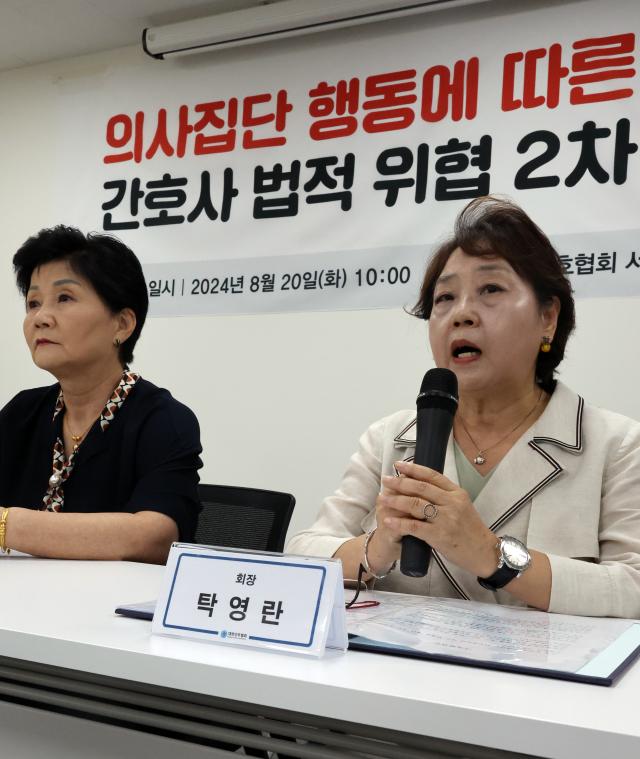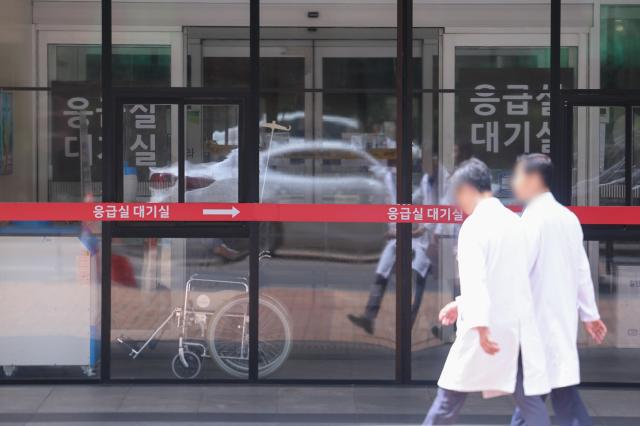
The Korean Health and Medical Workers' Union, representing approximately 30,000 nurses and medical workers at 61 hospitals, said over 91 percent of its members supported the strike plan. The union has been urging hospitals to swiftly address the medical vacuum created by the months-long walkout of junior doctors and agree to a 6.4 percent increase in wages.
The strike comes amid a growing crisis in South Korea's healthcare system. Since late February, about 12,000 trainee doctors have been off the job, protesting the government's plan to increase the number of medical students. This has led to significant disruptions in hospitals across the country, with many patients facing delays in treatment and care.
The union's decision to strike is a culmination of months of negotiations and frustration with the government's response to the ongoing crisis. Nurses and medical workers have long complained of inadequate pay and working conditions, and the recent disruptions caused by the junior doctors' walkout have exacerbated these concerns.

The union has emphasized that the strike is not intended to harm patients but rather to demand a more equitable and sustainable healthcare system. They have also pledged to ensure that essential services will continue to operate in accordance with the law, even during the strike.
The planned strike is expected to have a significant impact on healthcare services in South Korea. With the already strained medical system facing further disruptions, patients may experience longer wait times and limited access to care. The outcome of the strike could have far-reaching implications for the future of healthcare in the country.
Copyright ⓒ Aju Press All rights reserved.

View more comments